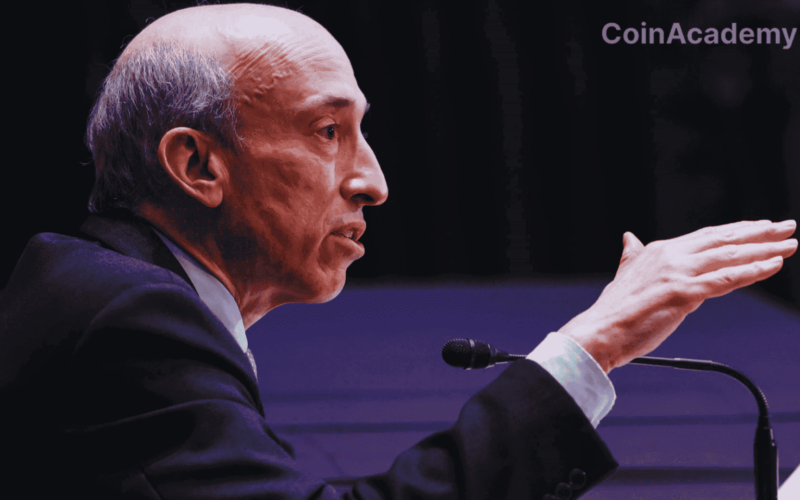The Rejection of Coinbase’s Request by the SEC Sparks Debate
- The SEC rejects Coinbase’s request for new regulations on crypto assets
- Gary Gensler believes the existing framework is sufficient for cryptocurrencies
- Coinbase, along with SEC Commissioners Peirce and Uyeda, contest this decision
The recent decision by the Securities and Exchange Commission (SEC) to reject Coinbase’s petition has caused notable disagreement within the organization.
This Friday morning, the SEC officially rejected Coinbase’s request for new regulations specific to cryptocurrencies, which was filed with the regulatory body in 2022. SEC Chairman Gary Gensler supported this decision, stating that the existing laws already apply to cryptocurrencies and that this request was unjustified.
‘As cryptographic assets are offered and sold in the form of an investment contract, and as entities engage in intermediation transactions with cryptographic asset securities, federal securities laws apply,’
the SEC stated
A few hours after this announcement, Paul Grewal, Coinbase’s Chief Legal Officer, announced his intent to legally challenge the SEC’s decision. He argues that the current rules are not suitable for native digital instruments such as cryptocurrencies.
Grewal highlighted the support of SEC Commissioners Hester Peirce and Mark Uyeda, both Republicans, who called for a genuine dialogue between regulators and the cryptocurrency industry.
Hester Peirce and Mark Uyeda Contest the SEC’s Decision
Commissioners Hester Peirce and Mark Uyeda also expressed their opposition to this decision, marking a divergence from SEC Chairman Gary Gensler.
Peirce and Uyeda emphasized the need to incorporate technological innovation, including cryptocurrencies, into the regulatory process. They also advocated for the organization of public roundtable discussions to better understand the challenges related to new technologies, including cryptos.
‘Any exploration of these issues should include public roundtables, concept releases, and requests for comment, which would give us the opportunity to hear from a wide range of market participants and other interested parties,‘
wrote Hester Peirce and Mark Uyeda
In the end, the SEC’s decision raises important questions about the adaptation of existing regulations to technological innovations.




